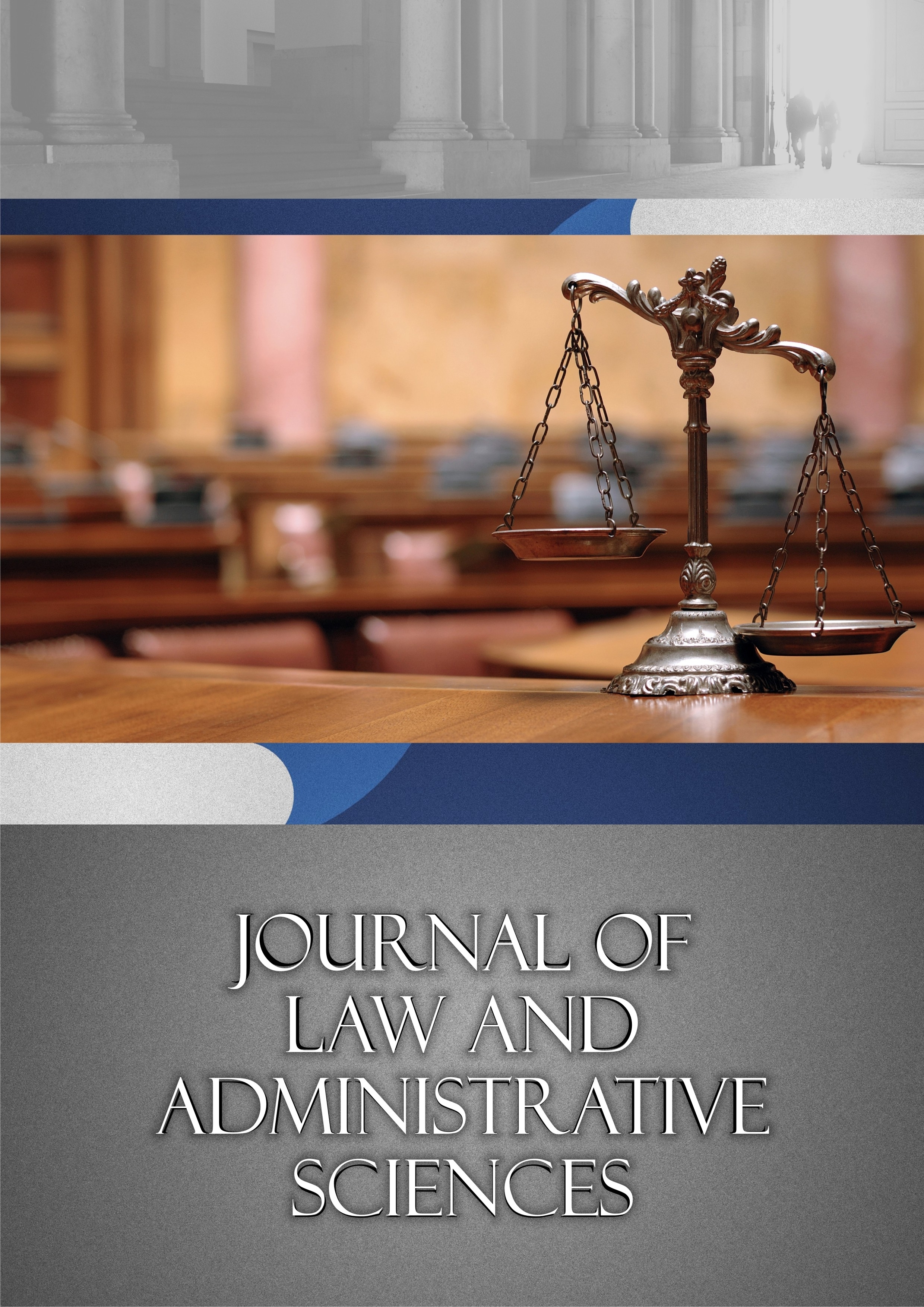Social Contract Theory and the Theory of Separation of Powers
Social Contract Theory and the Theory of Separation of Powers
Author(s): Mircea TutunaruSubject(s): Politics / Political Sciences, Politics, Social Sciences, Law, Constitution, Jurisprudence, Political Theory, Political Sciences
Published by: Editura Universitatii Petrol-Gaze din Ploiesti
Keywords: doctrine; the legal standard; state; law; separation
Summary/Abstract: In a democracy power emanates from the people and it belongs. The essential principle governing in a state of law, the entire political organization, relations between citizens and public power, the relations between different branches of government, the separation of powers. In exercising political power appears a certain separation of powers (functions) authorities (powers) which do not involve a single division of political power but require a balance and cooperation between public authorities. If this organization is achieved through several categories of state bodies with clearly defined functions and features and characterized by organizational and functional autonomy and by mutual balance and collaboration, we are in the presence of separation / balance of powers. This condition is typical of democratic systems of government.
Journal: Jurnalul de Drept si Stiinte Administrative
- Issue Year: 1/2016
- Issue No: 5
- Page Range: 74-83
- Page Count: 10
- Language: English

